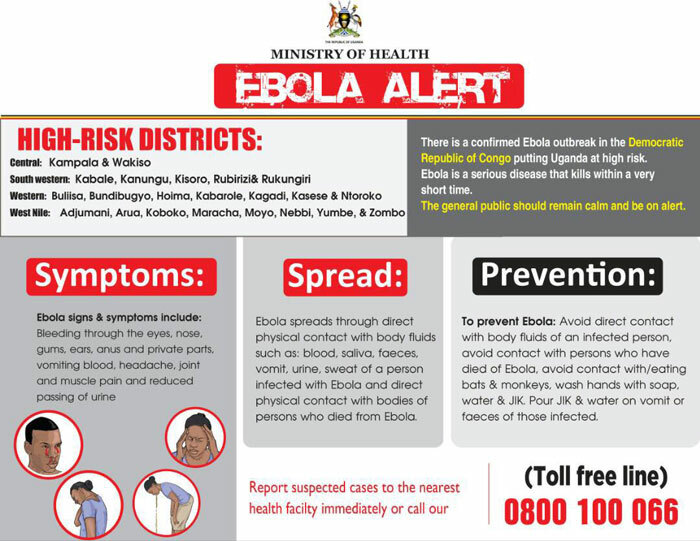Kabarole sets up Ebola isolation centre
It is the 10th outbreak to strike the DR Congo since 1976, when Ebola was first identified and named after a river in the north of the country.
EBOLA, OUTBREAK, DR CONGO
Leaders in Kabarole have agreed to construct an Ebola isolation unit in Bukwali near Fort Portal Regional Referral Hospital.
Addressing the press last week, Stephen Asiimwe, the Resident District Commissioner for Kabarole and chairman Ebola task force, said the isolation centre will serve all the districts in the Rwenzori region.
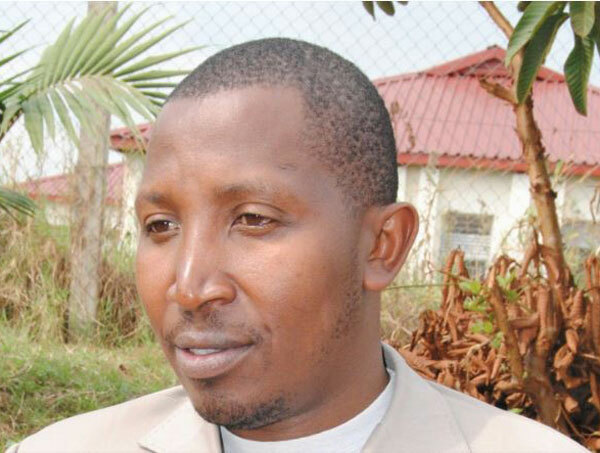
Kabarole RDC Steven Asiimwe
The effort comes amid fears that the outbreak in North Kivu province of the Democratic Republic of Congo has the potential to transmit more rapidly and with greater aggression, given its location and the frequent cross-border movements involving traders and communities from Kivu to Uganda.
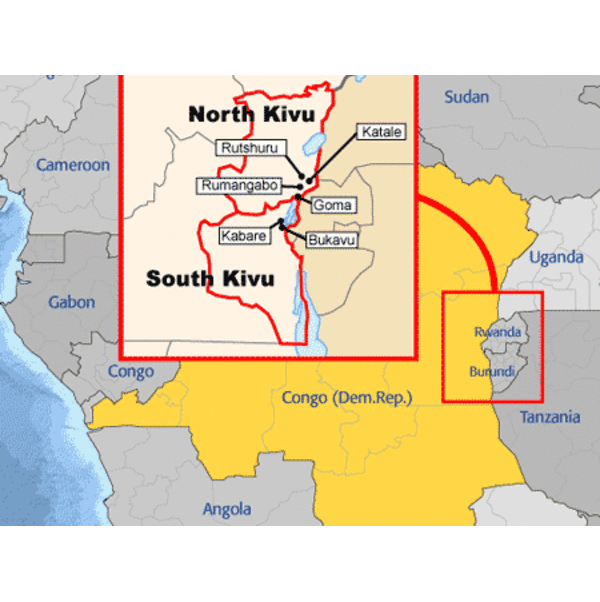
"We need to be prepared we have already secured the land and with our partners in the health sector work will soon start," Asiimwe said, adding: "We need to strengthen our surveillance team at the border and there must be regular meetings to ensure all people who cross the borders are screened," he added.
He said UNICEF had supplied handwashing materials to schools and other public institutions as one way of controlling the spread of Ebola.
Dr. Petride Anebonam, the World health organisation (WHO) disease prevention and control officer, said they had agreed with their counterparts from DR Congo to form a surveillance team at the border point to respond to Ebola and cholera outbreaks at the border points.
He said on the side of Uganda, they had started holding regular meetings and working together.
"We recently had two suspected cases of Ebola, but they all tested negative. We are encouraging people to be on alert and report all suspected cases within their communities," Anebonam said.
The recent outbreak of Ebola in DR Congo that was first reported on August 1, killed 85 people.
The outbreak was in Mangina in North Kivu, which is about 100 kilometres from the border with Uganda.
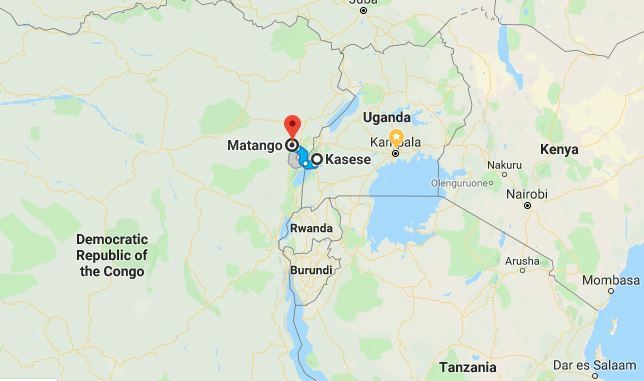
Dr. Alex Barasa, the officer in charge of the Ebola viral disease at the World Health Organization, said they had trained health workers on how to handle the situation.
"There is no Ebola in Uganda, but we need to be on high alert so that people can remain safe," Barasa said.
Despite some successes registered in the fight against Ebola, including limited treatment, there is still a big threat.
Compared to the 2013-2015 West African outbreak, which exploded into an epidemic that killed more than 11,300 people, the response to the latest flareup of the virus in the Democratic Republic of Congo was a clear success, according to World Health Organisation.
It is the 10th outbreak to strike the DRC since 1976, when Ebola was first identified and named after a river in the north of the country.
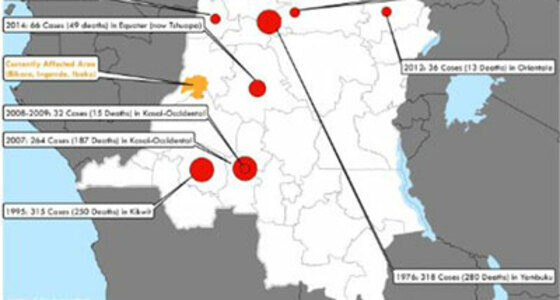
Ebola has long been considered incurable, though swift isolation and the rapid treatment of symptoms such as vomiting, diarrhoea and dehydration has helped some patients to survive according to WHO The quest for a vaccine grew increasingly urgent during an Ebola epidemic that killed more than 11,300 people in the West African states of Guinea, Liberia and Sierra Leone in between 2013 and 2015.
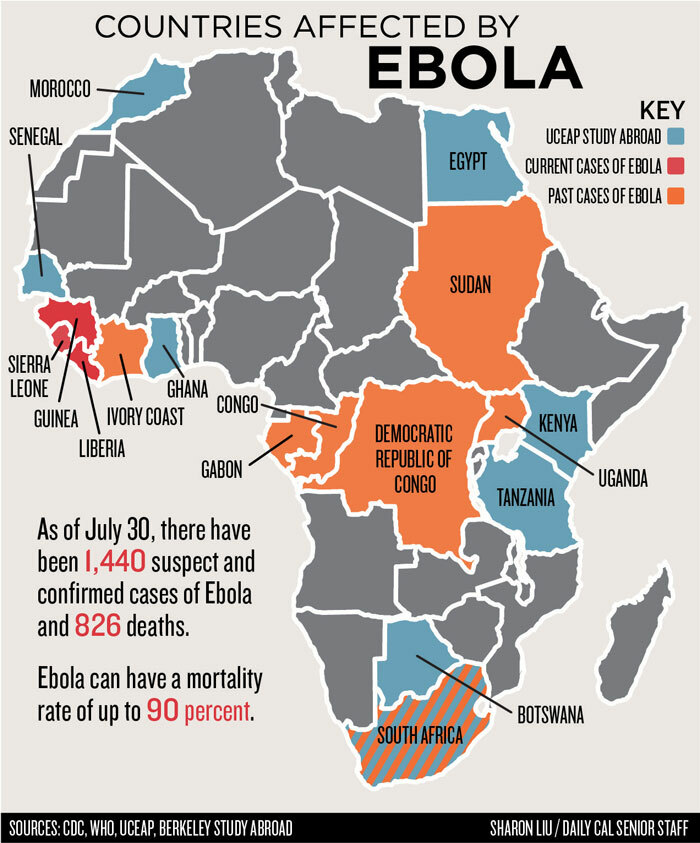
With the threat of Ebola to Uganda, the Ministry of Health has always sent out alerts and teams to areas prone to the outbreak. These include areas at the border with DR Congo and Kampala, where there is high movement and interaction of people from various countries.
